Awareness and Practices of Solid Waste Management among Grade 12 HUMSS Students of Ipil Shepherd Montessori Center, Zamboanga Sibugay
Abstract
This research investigates the level of awareness and practices towards solid waste management among Grade 12-HUMSS students of Ipil Montessori Academy, Philippines. Employing a descriptive-correlational quantitative design, the study involved 100 respondents (64 females and 36 males) aged 16–29 years. Data were gathered through a structured questionnaire and analyzed using descriptive statistics, independent samples t-test, and Pearson correlation to determine differences and relationships between variables. The findings revealed that students generally demonstrated a moderate level of awareness of solid waste management, particularly in their knowledge of definitions, risks, prohibited activities, and their own roles and responsibilities. Television and radio emerged as the most common sources of awareness, while reduction and reuse were the most frequently practiced methods of managing waste. Gender was not found to significantly influence either awareness or practices. Importantly, this research found that students acknowledged the importance of waste management for environmental health and sustainability, yet gaps remained in their understanding of relevant laws and school interventions. The study concludes that although students exhibit positive attitudes and practices towards responsible waste management, strengthening environmental education is essential to address existing knowledge gaps and encourage more sustainable behaviors. These findings imply the need for schools and policymakers to reinforce awareness programs, integrate legal and practical aspects of waste management into the curriculum, and cultivate long-term environmental responsibility among students.
Downloads
References
Adeniran, A. et al. (2020). Factors Influencing Solid Waste Management Practices in Joe Slovo Township, Nelson Mandela Bay. Journal of Public Administration, 55 (3), 400-410. Retrieved from https://www.researchgate.net/publication/346626238
Alhassan, H. et al. (2017). Do socio-psyhological factors ifluence households willingness-to-pay for improved solid waste management services? Evidence from Ghana. Int. J. Green Economics, 11, 3-4. Retrieved from https//doi.org/10.1504/IJGE.2017.089854
Balaba, S. et al. (2024). Level of Awareness and Practices on Solid Waste Management at Initao College, Misamis Oriental, Philippines. International Journal of Science and Management Studies, 7 (4), 208-214. Retrieved from https//doi.org/10.51386/25815946/ijsms-v7i4p126
Bose, M. (2020). Solid Waste Management System of Barangay Deet. International Peer Reviewed Journal, 31, 1-25. Retrieved from http://orcid.org/0000-0002-3539-9141
Castin, C. et al. (2022). Household Solid Waste Management (HSWM) Awareness and Applications: A Comparative Study on Urban and Rural Sustainable Practices. International Journal of Environment, Engineering & Education, 6 (3), 93-99. Retrieved from https//doi.org/10.55151/ijeedu.v4i3.79
Das, A. et al. (2021). COVID-19 and Municipal Solid Waste (MSW) Management: A Reviewer. Environmental Science and Pollution Research, 28, 28993-29008. Retrieved from https://doi.org/10.1007//s11356-021-13914-6
De, S. & Debnath, B. (2016). Prevalence of Health Hazards Associated with Solid Waste
Disposal -A Case Study of Kolkata India. Procedia Environmental Science, (35), 201-
208, Retrieved from http://creativecommons.org/licenses/by-nc-nd/4.0/)
Debrah, J. et al. (2021). Raising Awareness on Solid Waste Management Through Formal Education for Sustainability: A Developing Countries Evidence Review. Multidisciplinary Digital Publishing Institute, 6 (1), 6. Retrieved from https://doi.org/10.3390/recycling6010006
Domingo, S & Manejar, A. (2021). An Analysis of Regulatory Policies on Solid Waste Management in the Philippines: Ways Forward. Philippine Institute for Development Studies, 2, 1-46. Retrieved from https://hdl.handle.net/10419/241050
Elamin, M. et al. (2021). Assessment of Households Practices towards Solid Waste Management. Internatonal Journal of Public Health Sciences, 3 (2), 13-23. Retrieved from https://www.researchgate.net/publication/360188030
Eshete, H. (2023). Knowledge, Attitude and Practices on Household Solid Waste
Management and Associated Factors in Gelemso Town. Ethiopia, PLoS ONE, 18 (2),
1-13. Retrieved from https://doi.org/10.1371/journal.pone.0278181
Fadhullah, W. et al. (2022). Household Solid Waste Management Practice and Perceptions
Among Residents in the East Coast of Malaysia. BMC Public Health 22 (1), 1-20 Retrieved from https://doi.org/10.1186/s12889-021-12274-7
Hasan, M. (2019). Raising Awareness on Solid Waste Management: A Case Study in AINassyriah City, Iraq. Aip Conference Proceedings, Retrieved from https://doi.org/10.1063/1.5111275.
Kasim, S. (2012). The Importance of Recycling in Solid Waste Management. Wiley Online Library, 320 (1), 43-50. Retrieved from https://doi.org/10.1002/masy.201251005
Khalid, I. et al. (2021). The Problem of Solid Waste: Origins, Composition, Disposal, Recycling, and Reusing. International Journal of Advanced Science and Computer Applications, 1 (1), 1-14. Retrieved from https://doi.org/10.47679/ijasca.v1i1.6
Kilaton, L. et al. (2023). Assesing Students Awareness and Practices in Solid Waste Management among Grade 11 Senior High School in Jasaan South District. Psychology and Education: A Multidisciplinary Journal, 15 (3), 235-241. Retrieved from https://ssrn.com/abstract=4645087
Lad, D. et al. (2020). A Study on Solid Waste Management Awareness Amongst Youngster of
Mumbai. EPRA International Journal of Multidisciplinary Research, 6 (3), 116-119. Retrieved from https://doi.org/10.36713/epra4115
Madrigal, D & Oracion, E. (2017). Solid Waste Management Awareness, Attitude, and
Practices in a Philippine Catholic Higher Education Institution. Recoletos Multidisciplinary Research Journal, 5 (2), 1-15. Retrieved from https:://doi.org/10.32871/rmrj1705.02.04
Mishra, A. et al. (2014). Solid Waste Management-Case Study. International Journal of Research in Advent Technology, 2 (1), 396-399. Retrieved from https://www.researchgate.net/publication/262523386
Molina, R. (2021). Solid Waste Management Awareness and Practices among Senior High School Students in a State College in Zamboanga City Philippines. Aquademia, 5 (2), 3-8. Retrieved from https://doi.org/10.21601/aquademia/9579.
Olumorin, C. et al. (2018). Students Awareness and Utilization of Educational Broadcasts to Learn in Ogbomoso, Oyo State Nigeria. Turkish Online Journal of Distance Education, 19, 182-192. Retrieved from http://tojde.anadolu.edu.tr/
Ramachandra, TV. et al. (2013). Interventions in the management of urban solid waste. International Journal of Environmental Sciences, 1 (3), 259-267. Retrieved from https://www.apn-gcr.org/publication/interventions-in-the-management-of-urban-solid-waste/
Raphela, T. et al. (2024). The impact of improper waste disposal on human health and the environment: a case of Umgungundlovu District in KwaZulu Natal Province, South Africa. Original Research Article, 5, 1-10. Retrieved from https://doi.org/10.3389/frsus.2024.1386047
San Juan, F. (2019). Community Participation in Solid Waste Management Program of
Selected Community Association in Zamboanga City, Philippines. Asia Pacific Journal of Multidisciplinary Research, 7 (4), 42-49. Retrieved from http://www.apjmr.com/APJMR-2019.7.04.06
Torres, M. (2020). Solid Waste Management Practices and Attitudes of the Residents of
Baranggay Poblacion |||,Tanza,Cavite. Philippines Biological Science Department, Retrieved from https://www.researchgate.net/publications/345253816
Unal, E. et al. (2019). Value Creation in Circular Business Models: The Case of a US small medium enterprise in the building sector. Resources, Conservation, and Recycling, 146, 291-307. Retrieved from https://doi.org/10.1016/j.resconrec.2018.12.034
Copyright (c) 2025 Paedagogia: Jurnal Pendidikan

This work is licensed under a Creative Commons Attribution-NonCommercial 4.0 International License.
The author agrees to the following conditions upon publishing a work to Paedagogia: Jurnal Pendidikan:
1. Each article is licensed under a Creative Commons Attribution-NonCommercial 4.0 International License. The author(s) recognizes that Paedagogia: Jurnal Pendidikan has the right to be the first to publish under a Creative Commons Attribution-NonCommercial 4.0 International License. This license permits the copying and redistribution of this material in any form or format, as well as the composition, modification, and creation of derivative works of this material for any purpose, but Non commercial, as long as the author is credited with the original work.
2. Authors may submit articles separately or arrange for non-exclusive distribution of manuscripts previously published in this journal in other forms (e.g., to the author's institutional repository, publication in books, etc. ), provided that the manuscript is acknowledged as having been published first in the Paedagogia: Jurnal Pendidikan.
3. A copyright submission agreement must attach each approved manuscript prior to publication. You may obtain the form for the copyright submission agreement here (INA) (EN).


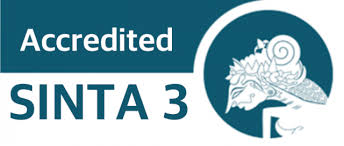
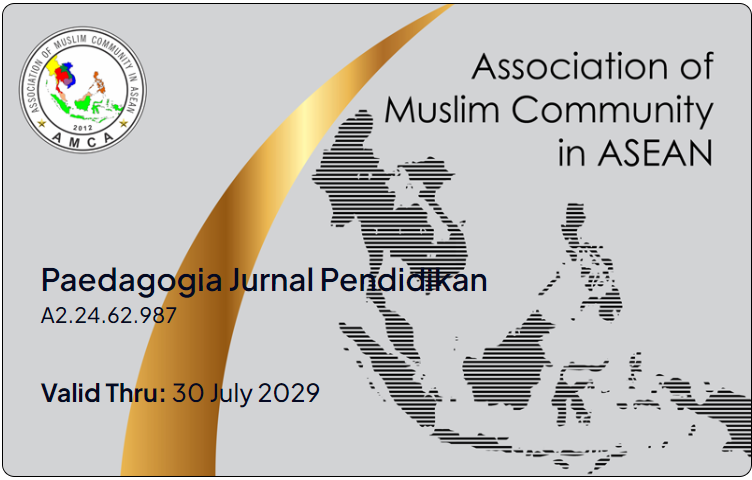


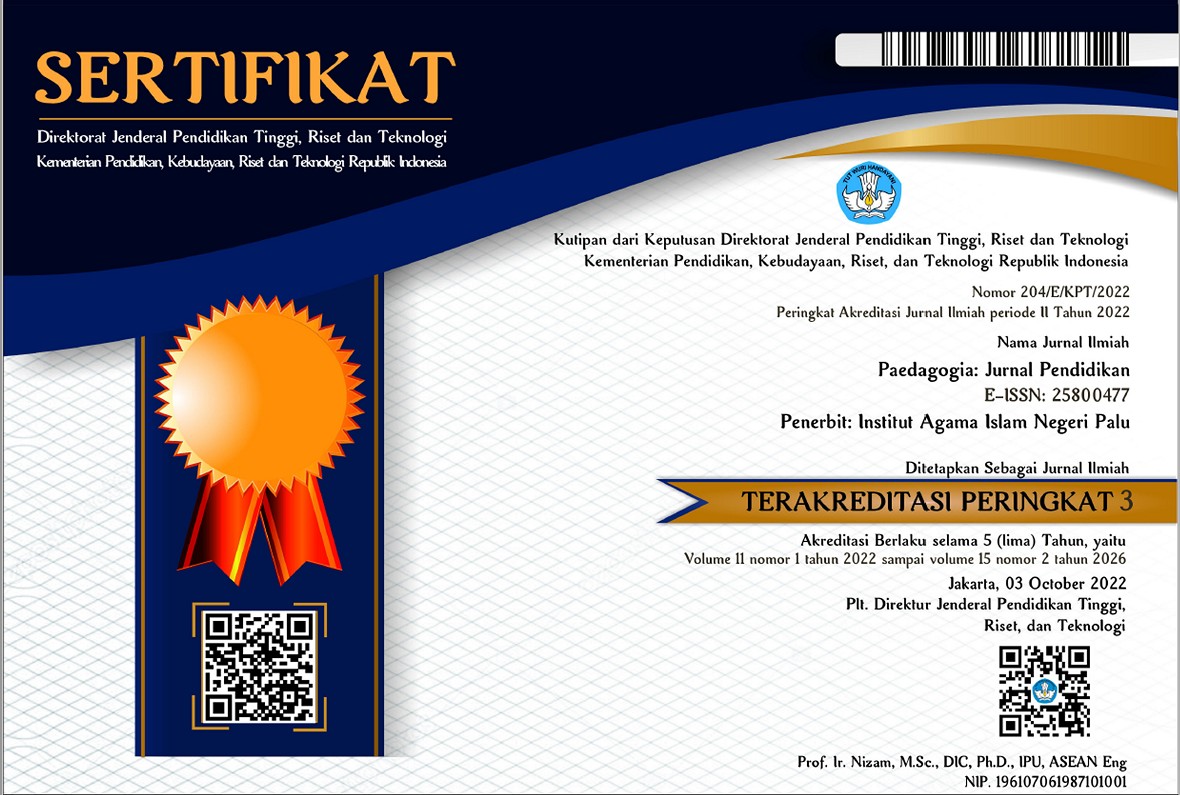


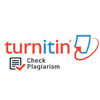

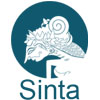








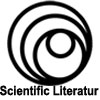
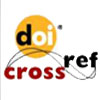






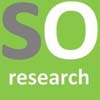
 This work is licensed under a
This work is licensed under a 